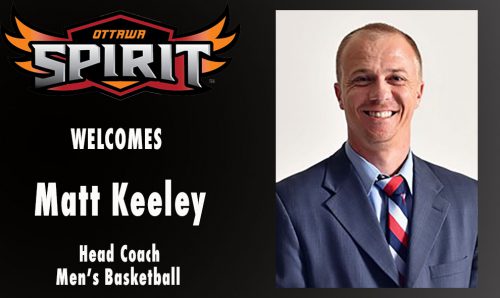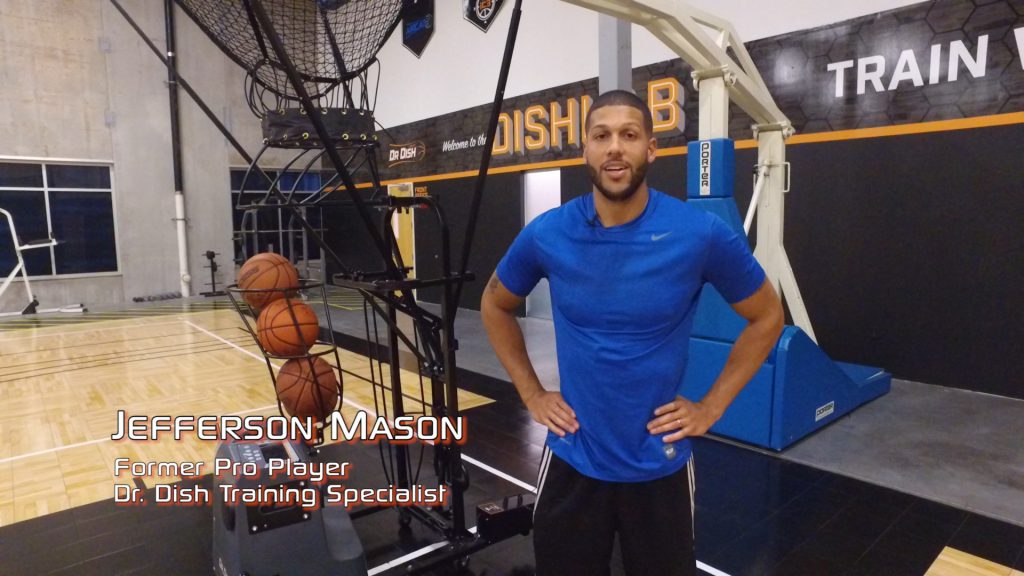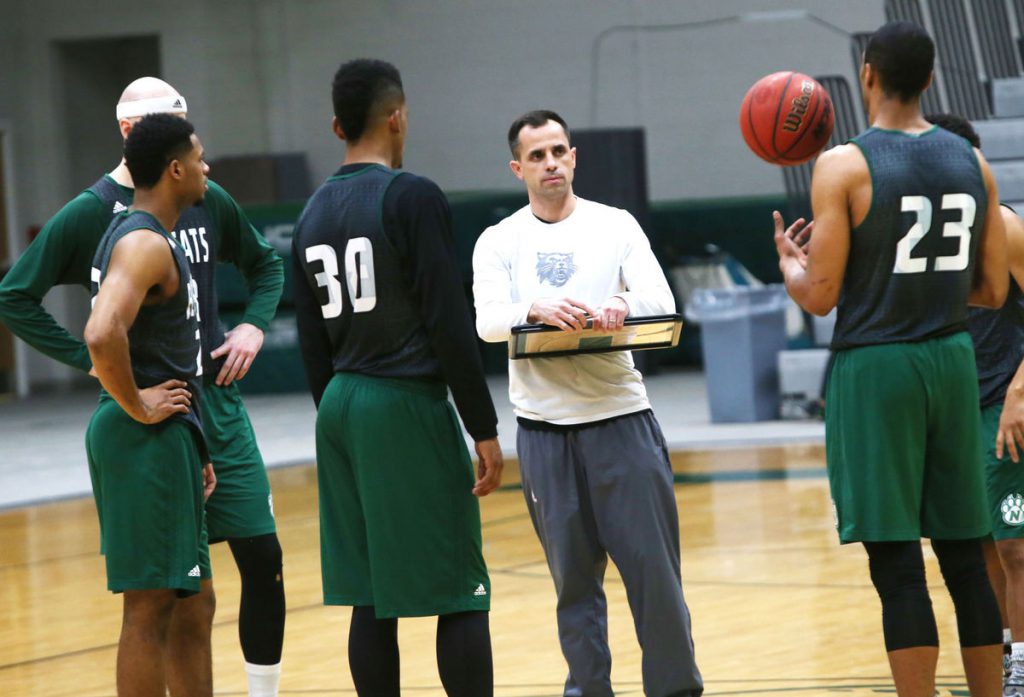You have probably heard the quote “Attitude is a little thing that makes a big difference.” Attitude is one of the few things in life you can control. It’s impressive when you can show a great attitude during the toughest of times. When it comes to attitude, the majority of people think that IT is the problem, but you need to realize you are the problem. You need to realize that your attitude will come out through your constant communication even if your mouth isn’t moving.
There have been a variety of studies performed to find the percentage of communication being nonverbal vs verbal. The studies have created a variety of results ranging from the nonverbal percentage being anywhere from 60% to 93%. This number ranges due to the variance of the situation and the individual.
The precise number is irrelevant, but it is important to understand that…
Nonverbal communication is the most important characteristic of communication.
Pat Summitt and Paul George on Body Language
In sports, people will call the nonverbal Body Language. The late Pat Summitt, former legendary coach at University of Tennessee said, “We communicate all the time, even when we don’t realize it. Be aware of your body language.” You always have something to communicate and if you are not saying anything then it is being communicated through your body language.
It is so important that Paul George brought it up in his press conference about Lance Stephenson after their game two loss to the Cleveland Cavaliers, in the 2017 playoffs. “He’s got to learn to control himself and be in the moment,” George said. “Lance, in our locker room, is looked upon as a leader. His BODY LANGUAGE has to improve — just for the team.”
It is important to realize that body language is learned as children. As a child when you were disobedient then what did you do? Quite often, you probably did something to make yourself look smaller and part of that might have been to go and hide. Well, when you transition into adult hood, you can’t take that approach. When you are in a meeting with your coach, teacher or supervisor due to poor choices then you are not going to be able to take the same childlike approach. Understand, when you get older your gestures are not as intrusive as you were as a kid, but they do become smaller. Majority of the time, you will not be conscious of the gestures you are giving off at any given time. You need to realize that you always have something to communicate and if you are not saying anything then it is being communicated through your body language.
You need to communicate all the time that you’re paying attention, you’re engaged, you’re tough, and you’re eager to learn more. Great body language will make your coaches coach you more, will make your teachers teach you more, and will make an employer want to hire you one day.
4 Common Body Language Examples to Master
Here are four of the most common body language examples to be aware in your communication:
1. Postures: Most people have a limited knowledge of their respective gestures, because they think the gesture to be exactly how it is described. For example, crossing your arms is a common practice for people while communicating. It does not seem like that big of a deal. But, what you don’t realize is that the other person might think you are being closed off, negative or not listening. Research has even shown that people who are opened up retain information at a higher rate. Your physiology impacts your psychology, which will impact your emotional state. What you do with your mind, body and emotions are all linked together. You change one thing in the system and it changes something else and everything is impacted.
2. Gestures: Subconsciously you express yourself with gestures. You wave, signal, point and use your hands when you are speaking enthusiastically or arguing. You need to realize that the meaning of your gestures can be extremely different across areas and cultures.
3. Facial Expressions: The human face is able to express countless emotions without saying a word and these expressions are universal. Shawn Achor, in his book The Happiness Advantage, states that research has proven that the human brain can identify an emotion in another person’s face within 33 milliseconds, and this emotion primes the receiving person to feel the same way. Your facial expressions can impact the mood of your team, either in a positive or negative way, within a couple of minutes. To change it for the better then “Twist Your Frown Upside Down.”
4. Eye Movements / Eye Contact: When your eyes are maintaining little contact, looking at something else, or are downcast, it gives the impression that you are not really listening. The worse is when you roll your eyes at another person. That person speaking to you will begin to think that you are not interested and are not coachable.
My question for you is what does your body language say about you on a consistent basis? Does it make a coach want to have you apart of their program or does it cost you an opportunity because they cross you off the list?
– Coach Jim Huber
Basketball Camps to Develop Better Leadership and Basketball Skills!
At Breakthrough Basketball Camps, you develop your leadership skills, character traits, mindset, basketball skills, IQ, and much more…
Come see why 65,000 players have attended Breakthrough Camps since 2012.
You can view hundreds of Breakthrough Basketball camps across North America here and even view camps by state.


